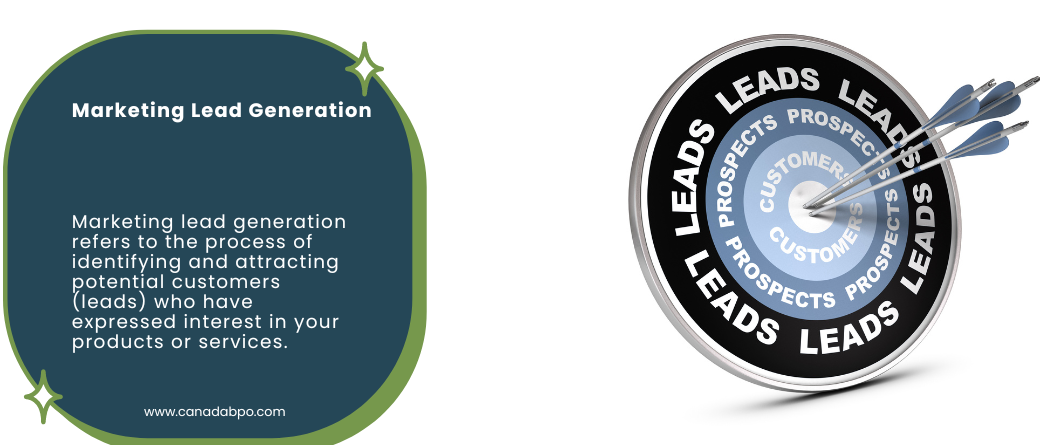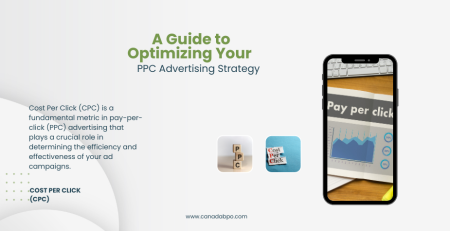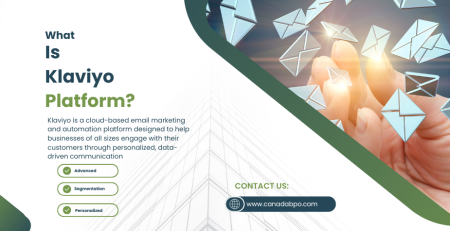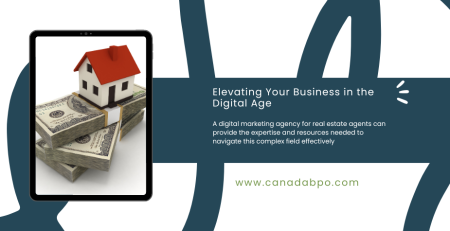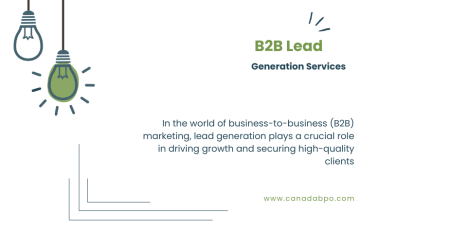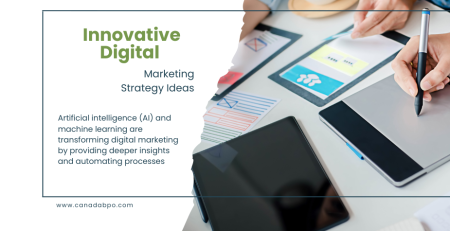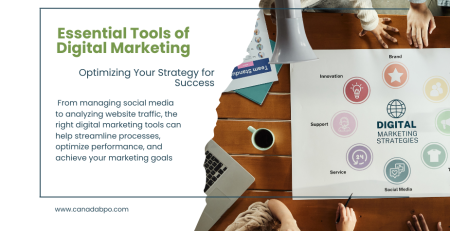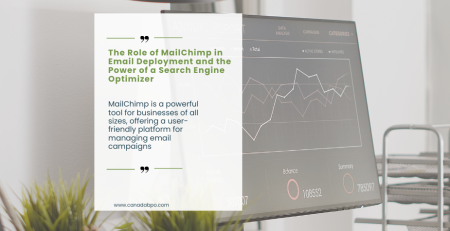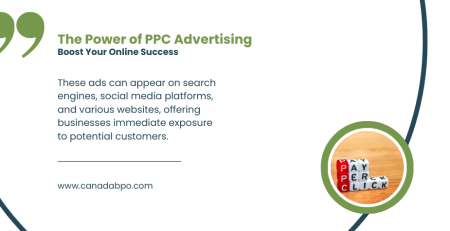Marketing lead generation is a crucial component of any successful marketing strategy. It involves attracting and converting prospects into potential customers, ultimately fueling your sales pipeline and driving business growth. In this blog post, we will delve into effective lead generation strategies, explore different techniques, and provide tips to help you optimize your lead generation efforts.
What is Marketing Lead Generation?
Marketing lead generation refers to the process of identifying and attracting potential customers (leads) who have expressed interest in your products or services. The goal is to generate high-quality leads that can be nurtured through the sales funnel and converted into paying customers. Lead generation is vital for building a strong customer base and achieving long-term business success.
Key Strategies for Effective Lead Generation:
- Content Marketing:
- Explanation: Content marketing involves creating and sharing valuable content to attract and engage your target audience. This can include blog posts, eBooks, whitepapers, infographics, and videos. High-quality content establishes your authority in your industry and encourages prospects to provide their contact information in exchange for access to premium content.
- Example: A software company might offer a free eBook on “10 Tips for Improving Cybersecurity” to capture leads from businesses interested in cybersecurity solutions.
- Social Media Marketing:
- Explanation: Social media platforms are powerful tools for lead generation. By sharing engaging content, running targeted ads, and interacting with your audience, you can drive traffic to your landing pages and capture leads. Social media allows you to reach a broad audience and build relationships with potential customers.
- Example: A fitness brand might use Instagram ads to promote a free trial of their workout program, encouraging users to sign up and become leads.
- Email Marketing:
- Explanation: Email marketing is an effective way to nurture leads and convert them into customers. By sending targeted and personalized emails, you can stay top-of-mind with prospects and guide them through the sales funnel. Email marketing can include newsletters, promotional offers, and follow-up sequences.
- Example: An online retailer might send a series of welcome emails to new subscribers, offering discounts and showcasing popular products to encourage purchases.
- Search Engine Optimization (SEO):
- Explanation: SEO involves optimizing your website and content to rank higher in search engine results. By targeting relevant keywords and creating valuable content, you can attract organic traffic and generate leads from search engines. High search engine rankings increase your visibility and credibility.
- Example: A digital marketing agency might optimize their website for keywords like “best digital marketing strategies” to attract leads searching for marketing solutions.
- Pay-Per-Click (PPC) Advertising:
- Explanation: PPC advertising allows you to bid on keywords and display ads to users searching for related terms. This method ensures that your ads are shown to a highly targeted audience, increasing the likelihood of lead generation. PPC campaigns can be customized to reach specific demographics and interests.
- Example: A real estate agency might run Google Ads targeting keywords like “buy a home in [City]” to attract potential homebuyers and generate leads.
- Webinars and Online Events:
- Explanation: Hosting webinars and online events provides an opportunity to showcase your expertise and engage with your audience in real-time. By offering valuable insights and interactive sessions, you can attract leads interested in your industry or products.
- Example: A financial planning firm might host a webinar on “Retirement Planning Strategies” to attract individuals looking for financial advice and capture their contact details.
Tips for Optimizing Lead Generation Efforts:
- Create Compelling Offers:
- Explanation: To attract leads, your offers must be compelling and provide clear value. Whether it’s a free trial, discount, or exclusive content, ensure that your offer resonates with your target audience and addresses their needs.
- Tip: Use persuasive language and highlight the benefits of your offer to encourage prospects to take action.
- Use Lead Magnets:
- Explanation: Lead magnets are incentives offered to prospects in exchange for their contact information. Examples include free eBooks, checklists, templates, or access to exclusive content. Lead magnets help capture leads and build your email list.
- Tip: Choose lead magnets that align with your audience’s interests and needs to maximize their effectiveness.
- Optimize Landing Pages:
- Explanation: Your landing pages play a critical role in lead generation. Ensure that they are well-designed, user-friendly, and focused on a clear call to action. A strong landing page should include compelling copy, relevant visuals, and an easy-to-use form.
- Tip: Test different elements of your landing pages, such as headlines, CTAs, and images, to determine what drives the best results.
- Track and Analyze Performance:
- Explanation: Monitoring and analyzing your lead generation efforts is essential for understanding what works and what doesn’t. Use analytics tools to track key metrics such as conversion rates, lead sources, and campaign performance.
- Tip: Regularly review your data and make adjustments to your strategies based on insights to improve lead generation outcomes.
Effective marketing lead generation is vital for attracting and converting potential customers. By implementing strategies such as content marketing, social media marketing, email marketing, SEO, PPC advertising, and hosting online events, you can generate high-quality leads and drive business growth. Remember to continuously optimize your efforts, track performance, and adapt your strategies to achieve the best results.
Looking to enhance your lead generation strategy? Contact us today to learn how our expert team can help you attract and convert more leads for your business.
